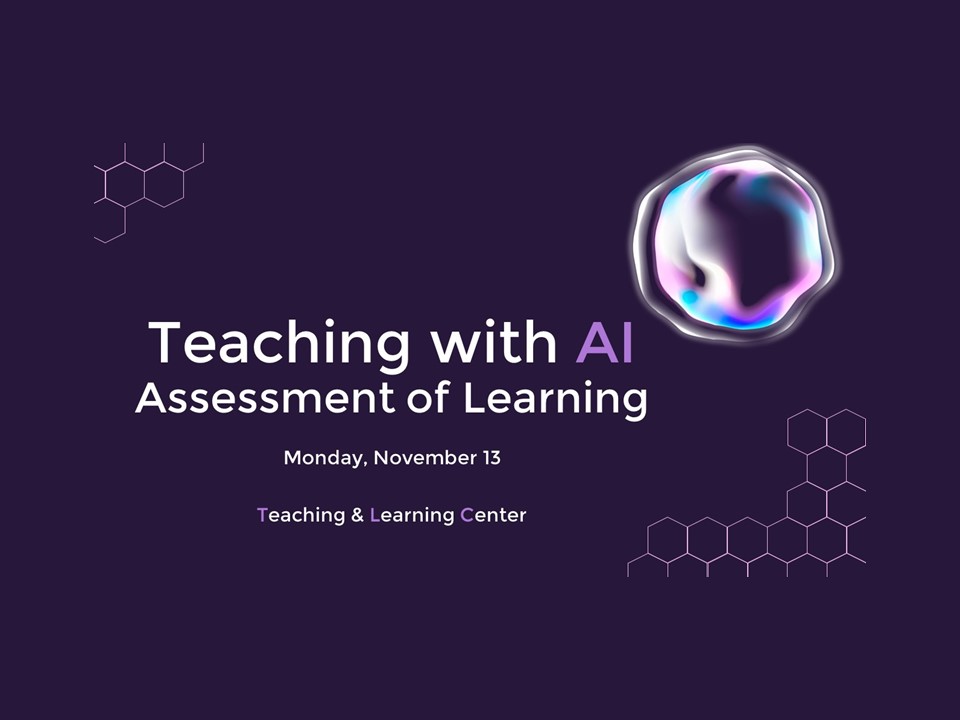Held on Monday, November 13 from 10:00 am to 11:00 am.
Here is the recording:
We used the Zoom Meeting Summary AI to run a summary of the session which we then briefly edited for clarity.
Google Bard Demonstration
Madison Steinbrenner led a demonstration of Google Bard, an AI tool similar to ChatGPT. She highlighted its user-friendly interface and ability to generate multiple choice questions and answers. However, she cautioned against over-reliance on AI, emphasizing the importance of the learning process and critical thinking. Some participants shared some experience with using Google Bard.
AI Guidelines and Usage at West Chester University
Faculty were reminded about the lack of set guidelines for AI usage at West Chester University. Faculty were encouraged to check out the Teaching with Generative AI Tool Kit created by the Teaching & Learning Center as it could be a valuable resource for making decisions about AI policies for their own courses. The discussion moved to the application of AI in assessing learning, emphasizing that AI can do a lot and continues to get better.
Potential, Literacy, and Ethics
The group moved into a discussion about the use of AI in assessments and how it could impact student learning. Some faculty raised a concern about students using AI and its potential impact. The group also considered if AI could disrupt the goals of student learning. Janneken Smucker shared how she uses AI to generate content and how she confronts its limitations in class. Andy Famiglietti stressed the need to shift students’ mindset from a banking to a learning mindset, encouraging them to focus on the learning process rather than just producing credential-worthy assignments. Faculty also pondered the ethical considerations of AI usage in education as well.
AI Enhances Academic Rigor
Madison emphasized the importance of academic rigor and the role of AI in enhancing it. She stressed the need for continuous review and editing of assessments to ensure they stand up to the test of time, especially in an age of AI. A figure of Bloom’s Taxonomy was shown to explain how assessments can be adjusted to account for AI and push up the level of work students are completing. Some assessments incorporating AI were discussed. These included editing generated assignments, reviewing resource packs, and collecting AI feedback. She encouraged participants to consider how they could incorporate AI into their existing assessments.
Exploring AI’s Potential in Education
Some faculty had the opportunity to discuss their experiences with AI. Wan-Yi Chen discussed the use of AI in teaching, finding that while AI was helpful in certain areas, it had its limitations and could not match up with the specific requirements of some assignments. The group also discussed the use of AI in generating outlines for speeches and the potential for comparing AI-generated examples with student-generated ones. Additionally, Marcos Campillo-Fenoll shared experience using AI to help students connect their personal experiences with their course material. The group acknowledged potential privacy concerns when using AI, but overall, the discussion highlighted both the possibilities and limitations of AI in education.

